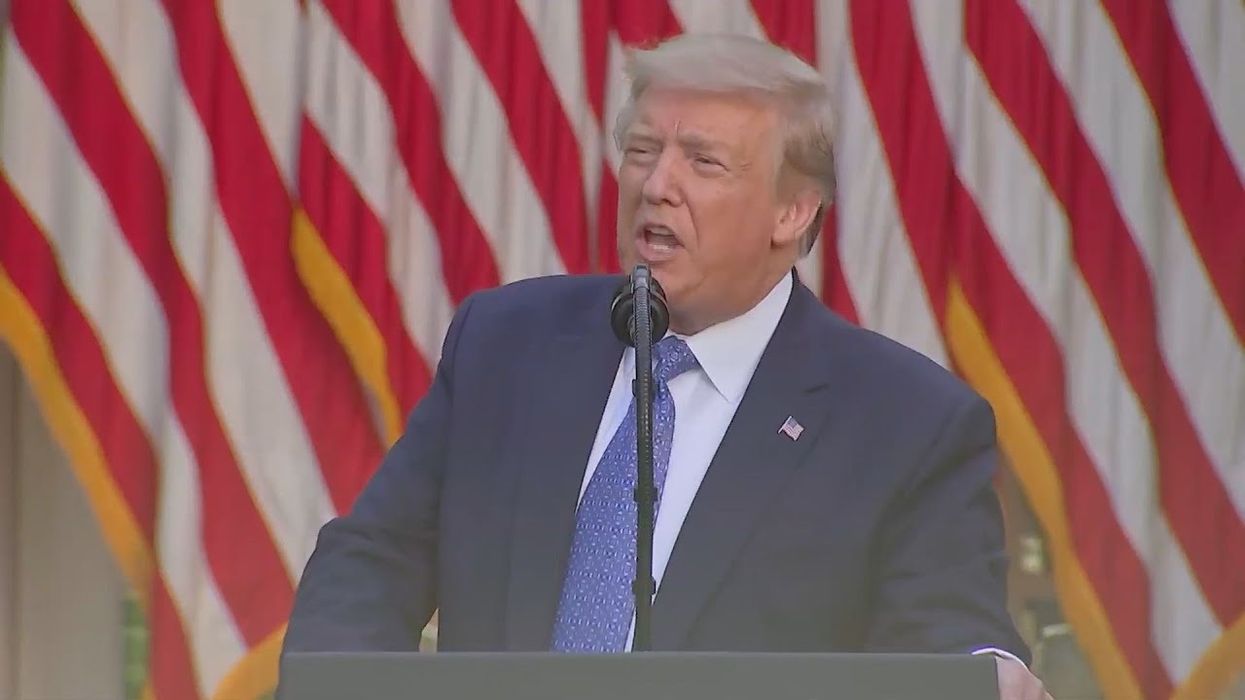"I am mobilizing all federal and local resources, civilian and military, to protect the rights of law-abiding Americans."
"If a city or state refuses to take the actions necessary to defend the life and property of their residents, then I will deploy the United States military and quickly solve the problem for them."
White House press secretary Kayleigh McEnany said at a briefing June 1 that President Trump has the prerogative to invoke the Insurrection Act to resolve violent protests that broke out in support of George Floyd across the nation.
According to the definition from the Legal Information Institute of Cornell Law School, the Insurrection Actt, adopted in 1807, authorizes the president, at the request of a state government, to federalize the National Guard and to use the remainder of the Armed Forces to suppress an insurrection against that state's government. It further allows for the president to do the same in a state without the explicit consent of a state's government if it becomes impracticable to enforce federal laws through ordinary proceedings or if states are unable to safeguard its inhabitants' civil rights. However, the Posse Comitatus Act prohibits the government from using military forces to act as a police force within U.S. borders.
Governors prefer relying on National Guardsmen to de-escalate the tensions.
On Wednesday, Defense Secretary Mark Esper said he does not support invoking the Insurrection Act and using active-duty military forces to deal with the unrest in U.S. cities — a statement that puts him at odds with his boss.



















Trump & Hegseth gave Mark Kelly a huge 2028 gift